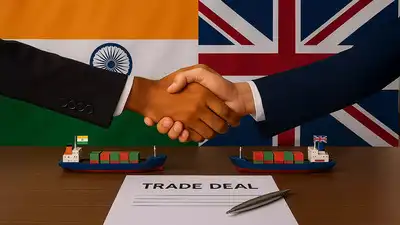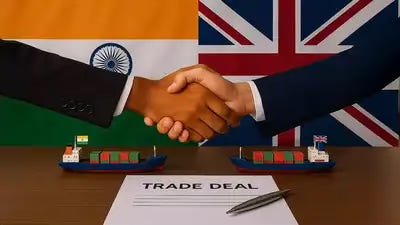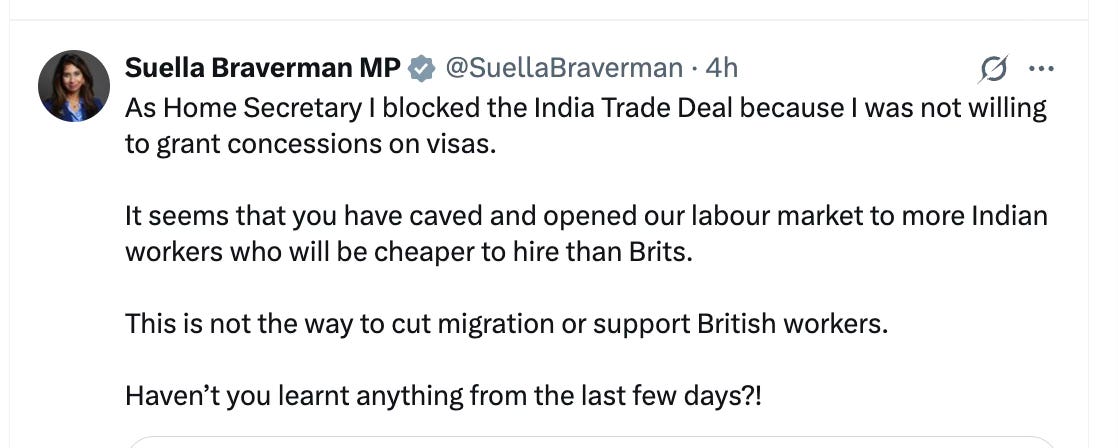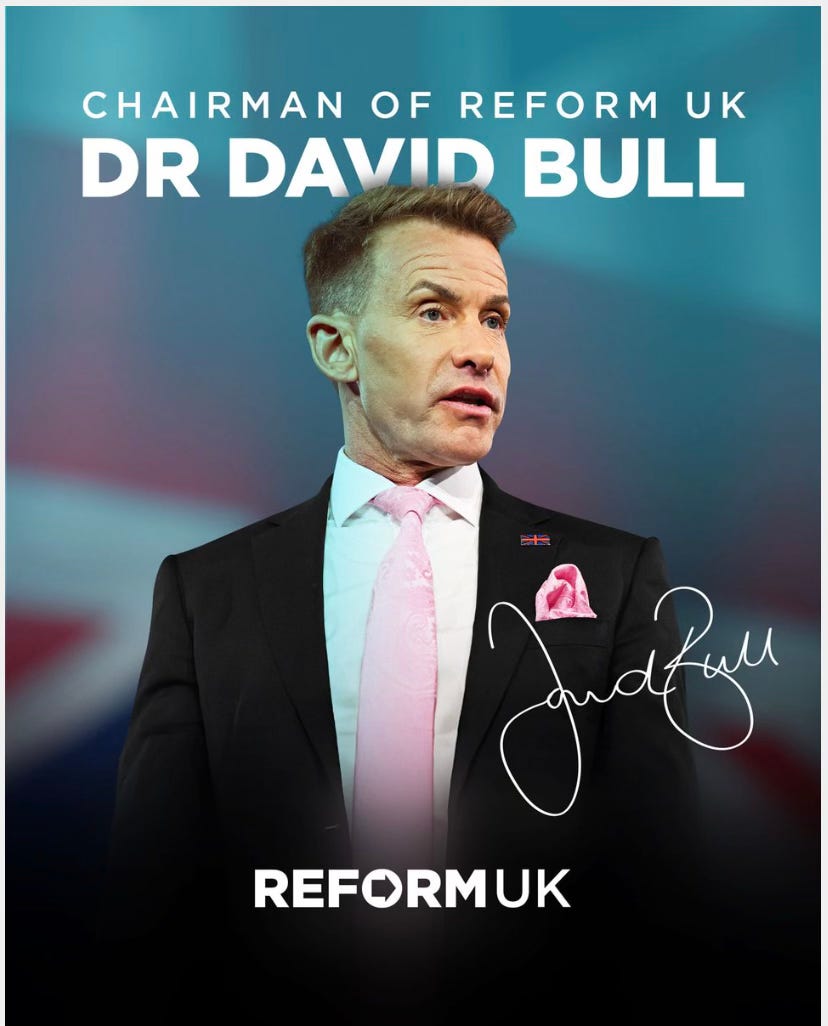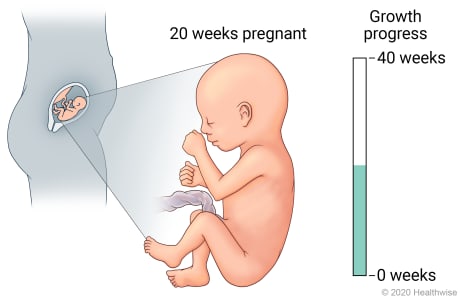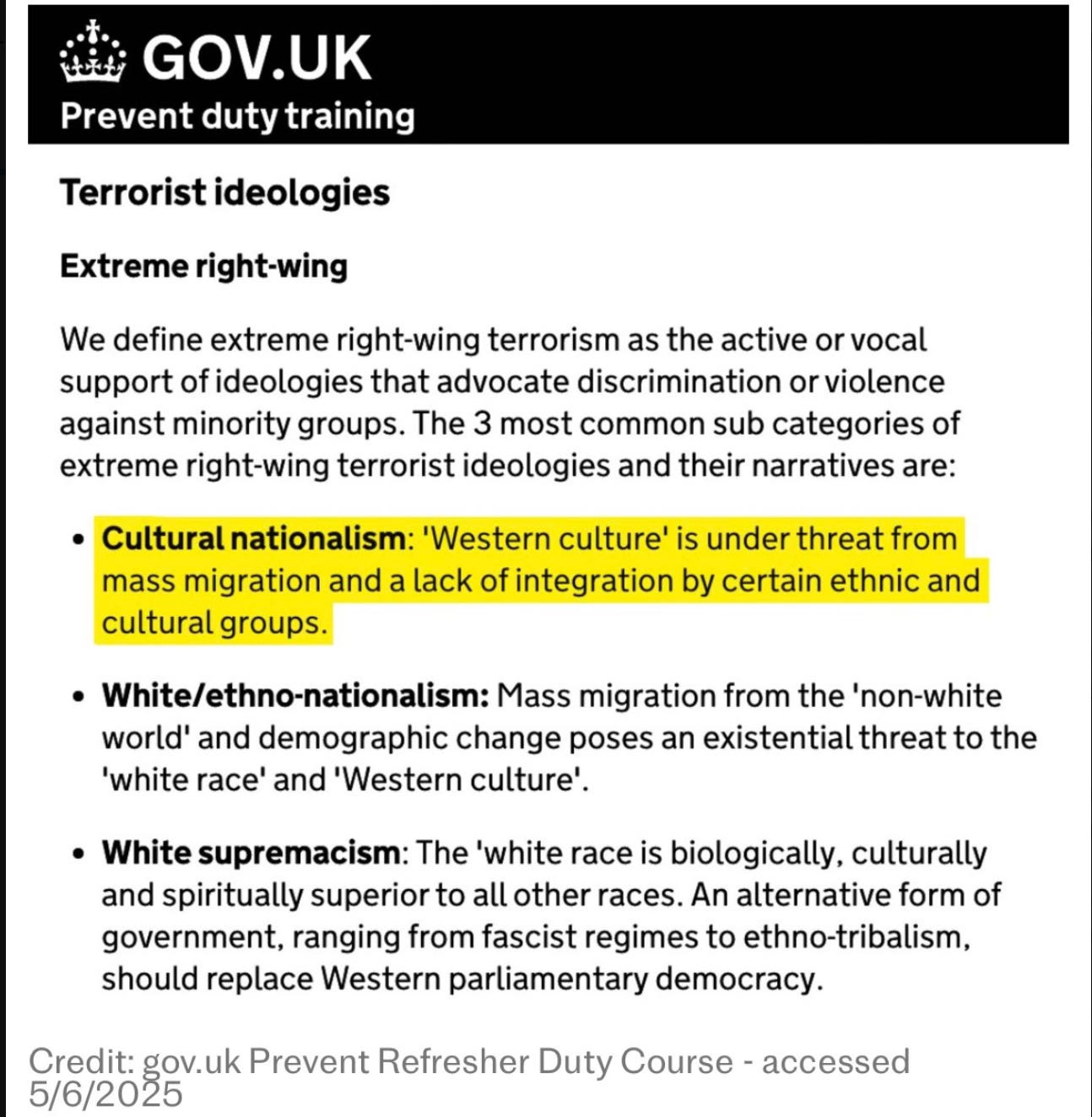David Vance SubstackRead More
UK Prime Minister Sir Keir Starmer is trumpeting a “breakthrough” UK-India free trade deal but it has sparked a lot controversy by exempting Indian workers from National Insurance contributions for three years, a move that plainly disadvantages British workers. What was he thinking?
Rachel from Accounts Reeves announced the deal, claiming it would unlock growth across industries like manufacturing in the North East and whisky distilleries in Scotland, projecting a £4.8 billion annual GDP boost by 2040. (Yeah, right) The NIC exemption applies to temporary Indian workers seconded to the UK and their employers for three years. British employers face a recent hike in their NI contributions, making British workers approximately 20% more expensive to employ than their Indian counterparts under this deal. What do YOU think will be the likely decision by UK employers regarding new short term staff?
Kemi Badenoch, the Conservative leader, has rightly labelled the NI exemption a “two-tier tax” system, arguing it prioritises foreign workers over British ones and even some Labour MPs have privately criticised it, highlighting the contradiction of raising NI for UK employers while granting exemptions to Indian workers! We can all see it but Starmer! He is chasing positive headlines.
The deal facilitates visa routes for Indian professionals, including up to 1,800 visas annually for chefs, musicians, and yogis. It appears the UK has a Yogi shortage The truth is that this visa facilitation, combined with NI exemptions, will flood the UK labour market with cheaper foreign labor, potentially displacing British workers in sectors like IT and hospitality.
If we zoom in to the IT sector in the UK, it has faced considerable challenges since IR35 reforms, which increased tax burdens on contractors, and this deal will further exacerbate the trend of offshoring jobs to countries like India. India’s IT industry, a global leader, benefits from lower operational costs, and the NI exemption further incentivises UK firms to hire Indian workers over British ones.
While the tariff reductions benefit UK exporters, the gains are going to be overshadowed by the potential loss of domestic jobs, especially in sectors competing with Indian labour.
Historically, India has favoured “thin” free trade agreements with protectionist policies raising doubts about the deal’s long-term benefits for the UK. The House of Lords has criticised the UK’s negotiating objectives as vague and overly ambitious, warning that India’s complex business environment—marked by corruption and regulatory hurdles—could undermine the deal. India’s high corruption levels, difficult permit processes, and weak intellectual property protections pose risks for UK businesses, potentially offsetting the projected £25.5 billion trade increase by 2040
It’s also worth pointing out that the deal’s focus on theoretical economic growth ignores real impacts, such as housing and education pressures from increased Indian worker inflows. Our infrastructure, already strained, will struggle to accommodate additional workers, with schools and housing in high-demand areas like London potentially facing more overcrowding.
Labour’s claim of delivering for British workers is undermined by the deal’s structure, which appears to prioritise corporate interests over domestic labour interests. Starmer has boasted that his government finalised the deal in 10 months, contrasting with the Tories’ “eight-year failure”, but has speed come at the cost of fairness to British workers? Former Conservative Trade Minister Suella Braverman has plainly explained that she refused to sign the deal when she was responsible because she saw the dangers!
In what way does this deal “protect British interests” as Sir Keir Starmer claims, when it specifically undermines British workers in the labour market? The deal’s projected economic benefits, such as the £4.8 billion GDP boost, all rely on long-term assumptions that may not account for geopolitical shifts or domestic backlash. Historical data shows that post-Brexit trade deals, like the UK-Australia FTA, led to a 20% drop in UK agricultural jobs from 2021 to 2023, a precedent that could repeat with India.
Ultimately, this UK-India trade deal risks deepening economic inequality by favouring foreign labour and corporate interests over the needs of British workers.
If this is what Starmer hails as a triumph, I pray god I never see his idea of a failure!
***I put out at least three articles a day. If you enjoy all this can I ask you to consider to becoming a PAID subscriber, it’s only £5 a month, you can cancel if you don’t enjoy it but I know you will. I want to thank the kind people who already do this, without your help this becomes impossible. Thank you in anticipation of your support***




















